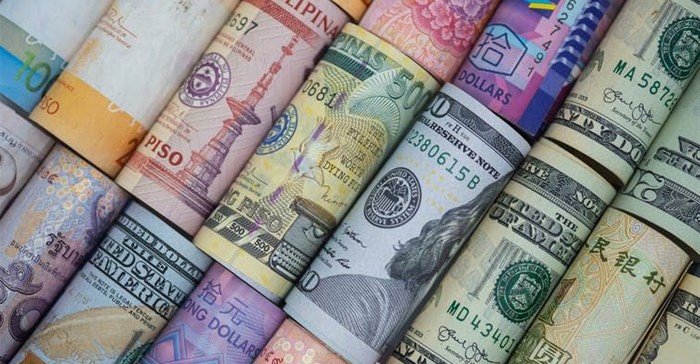
Dilok Klaisataporn/Shutterstock.com
Why is corruption so difficult to control? Scholars have long blamed factors intrinsic to corrupt countries. For example, countries with a wealth of natural resources – like diamonds and oil – are corrupt because political leaders are unaccountable to their citizens. They can rely on natural resource income, rather than taxation, to finance their expenses.
Undemocratic governance is also seen as a cause. A lack of checks and balances on leaders fosters corruption, as does the suppression of political rights, civil liberties, and free media.
But researchers have paid less attention to the global forces that affect corruption. Take the policies of the International Monetary Fund (IMF) for instance. The IMF is an international financial institution that comes to the financial rescue of countries in economic turmoil. In exchange for its bailouts, the IMF requires countries to adopt far-reaching reforms.
Some of these reforms help countries curb corruption – for instance, by building more effective tax administrations or revenue-collection systems. The problem is that many other IMF reforms significantly increase corruption.
Over the past three years, our team has built a body of evidence on how IMF policy reforms affect the political systems of ailing countries. We created a novel dataset with an unprecedented level of detail, based on coding of all IMF agreements between 1980 and 2014. This data helped settle key debates on the effects of IMF policy reforms on corruption in borrowing countries.
Liberalising markets
Our latest findings show that IMF policy reforms aimed at liberalising economies – in contrast to those that help countries stabilise their balance of payments – increase corruption.
Market-liberalising reforms seek to reduce the role of the state in the economy through privatising state-owned enterprises, deregulating markets, and making public sector layoffs and wage cuts. Using advanced statistical techniques, we found not only that these reforms increased corruption, but also ruled out the possibility that the relationship is due to reverse causality (for example where the IMF assigns more reforms to countries that are more corrupt).
We also investigated in detail how privatisations of public enterprises creates new opportunities for corruption. The IMF requests privatisations across all regions and all sectors of the economy, but especially so in agriculture, energy, and telecommunication.
Asking countries to rapidly privatise public enterprises — especially when institutions are weak — induces corruption. The prospect of large amounts of public assets up for sale prompts well-connected elites to bribe public officials involved in the sales process. Public officials also have incentives to enrich themselves in this process. They typically see their own benefits dwindle due to other IMF policy reforms demanding layoffs in the state administration and cuts in public sector wages.
Privatisation is not the only way in which IMF policy reforms increase corruption. By limiting the instruments through which public officials can regulate the economy, all kinds of market-liberalising policy reforms reduce the capacity of the state to control corruption.
Take the example of a domestic industry protected by trade tariffs. When these protections are threatened by IMF requirements to eliminate barriers to free trade, industry directs its efforts to preserve these privileges. They upset implementation of such measures through lobbying or bribing officials, which can paralyse the administration.
This case illustrates that IMF policy advice sometimes achieves the opposite of what is intended. Rather than reducing corruption by removing “structural distortions”, it fuels corruption by threatening powerful interest groups. These groups are not passive players. They use all means available to them — legal or illegal — to preserve their privileges.
Moving forward
The IMF has not directly responded to criticism that its policies might be harmful for corruption control. But its understanding of corruption and what must be done to curb it has improved since its first official strategy in 1997. This is a good sign.
The recent IMF Fiscal Monitor (April 2019), for example, is devoted to “curbing corruption”. In this report, the IMF supports anti-corruption measures that increase fiscal transparency, reduce opportunities for corruption, and strengthen international cooperation.
These well-intentioned suggestions may be helpful. But the IMF also needs to avoid mandating policy reforms that weaken state institutions. And it must find ways to compensate for losses of privileges incurred by powerful interest groups. Otherwise, corruption will thrive.
This article is republished from The Conversation under a Creative Commons license. Read the original article.










































